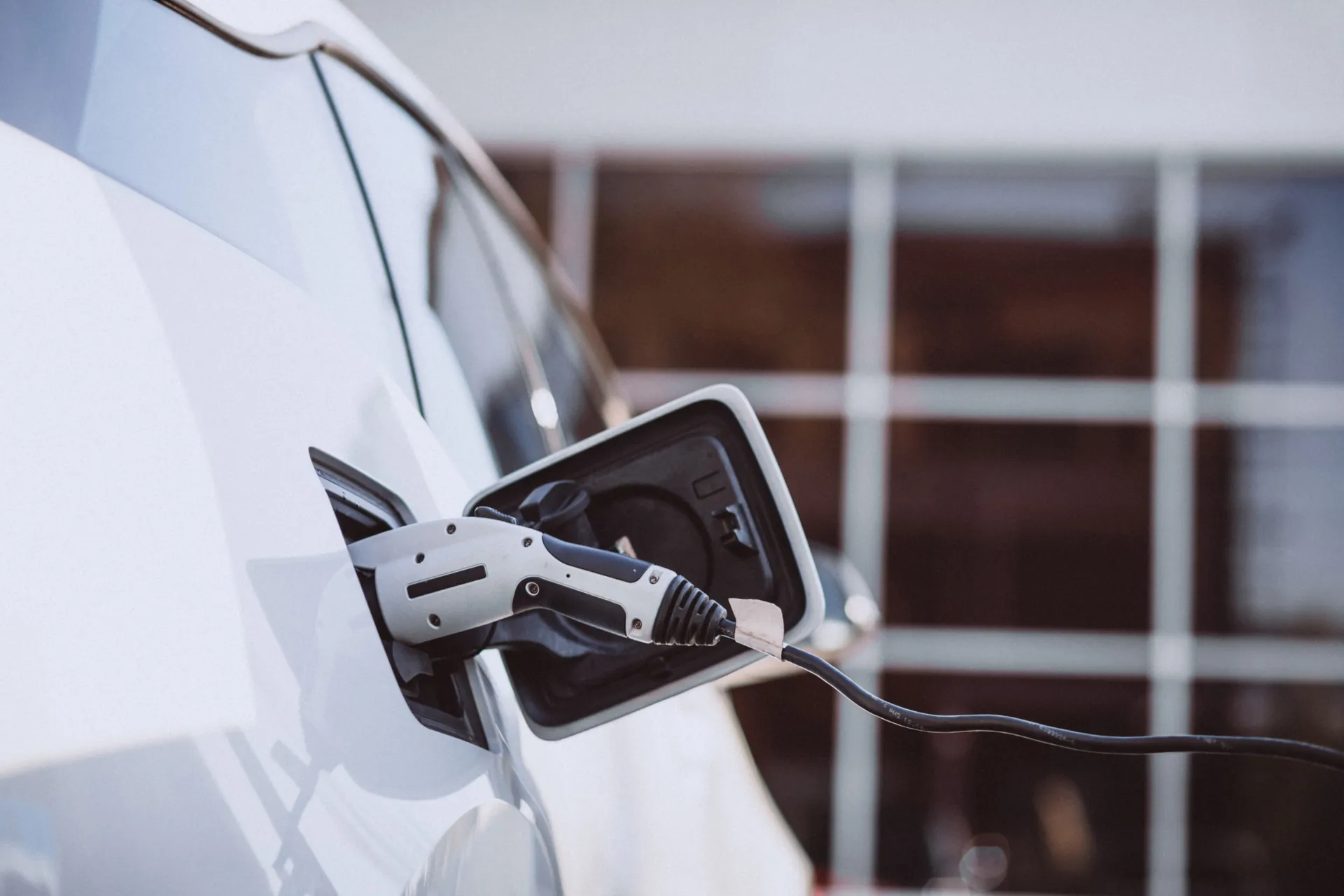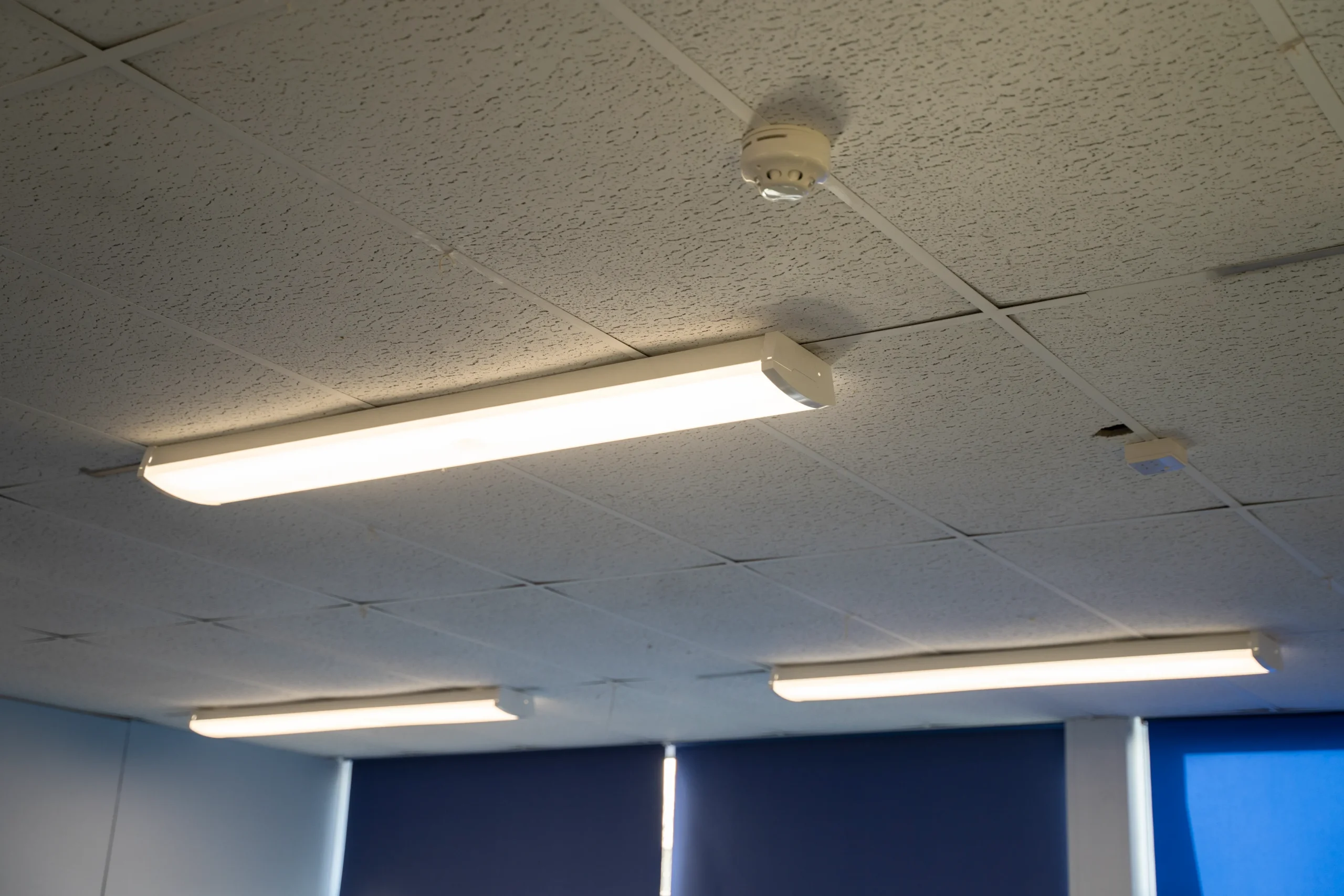The zero emission vehicle (ZEV) mandate unveiled in September 2023 is the most ambitious regulatory framework for the switch to electric vehicles (EVs) in the world. This requires 80% of new cars and 70% of new vans sold in Great Britain to be zero emission by 2030, increasing to 100% by 2035.
With increasing consumer demand and the greater availability of electric models, the number of electric cars in the UK is growing rapidly. In January 2024 the millionth EV was registered in Britain with EVs accounting for more than one in five of new cars registered.
There are several reasons behind the increasing popularity of EVs:
Lower running costs:
According to a report by the ECIU, the top 10 selling petrol cars of 2023 are paying around £700 more a year to run their vehicles compared to the EV equivalents.
Quieter
EVs are much quieter than petrol and diesel vehicles. So much so that they are now required by law to have an Acoustic Vehicle Alert System to emit a sound when reversing or travelling below 12 mph (19 km/h).
Environmental benefits
Pure EVs don’t emit any exhaust gases, which reduces local air pollution, particularly in congested cities.
Simpler to repair
EVs typically require less maintenance than conventional vehicles for several reasons. The battery, motor, and associated electronics require little, to no, regular maintenance. There are fewer fluids, such as engine oil, that require regular maintenance. Brake wear is significantly reduced due to the regenerative braking system. Overall EVs have far fewer moving parts compared to a conventional fuel engine.
Battery Improvements
Advancements in battery technology have improved the driving range and charging time of EVs, addressing the issue of range anxiety that was a concern for potential buyers in the past.
Increase in public Charging Points
At the end of January 2024, there were 55,301 public EV charging points across the UK, across 31,445 charging locations. This represents a 46% increase in the total number of charging devices since January 2023.
The UK government has set ambitious targets to transition to zero emissions by 2030, with a ban on the sale of new petrol and diesel cars and vans from 2030, and hybrids from 2035. These targets are in line with the UK’s commitment to the Paris Agreement and its efforts to mitigate climate change. The government aims to achieve this transition by promoting the adoption of EVs through various measures.
One of the key initiatives is the Plug-in Car Grant, which provides financial incentives to buyers of eligible EVs, reducing the upfront cost and making them more affordable. The government has also invested in expanding the public charging infrastructure to address the issue of range anxiety, making EV charging points easily accessible across the UK.
The government has also introduced several schemes to lower the upfront and running costs of owning an EV. This includes a plug-in van grant of up to £2,500 for small vans and £5,000 for large vans until at least 2025 and £350 off the cost of homeplace charge points for people living in flats. This is in addition to EVs being cheaper to run than petrol and diesel cars, with research showing that electric cars are around £150 cheaper to maintain a year.
In addition, there are tax incentives and exemptions for EV owners, such as lower road tax and congestion charge exemptions in certain areas.
The journey to zero emissions by 2030 is not without challenges. One major hurdle is the need for a robust charging infrastructure across the country to support the increased adoption of EVs. The government is working with industry stakeholders to address this issue and has committed to investing in charging infrastructure development.
Overall, the rise of EVs and the UK’s journey to zero emissions by 2030 are significant steps towards a more sustainable and greener future. The transition to EVs not only helps in reducing emissions but also creates opportunities for innovation, job creation, and economic growth in the green technology sector. However, it requires continued support and collaboration between the government, industry, and consumers to overcome challenges and make this transition a success.
For more information on our EV installation services click here.



